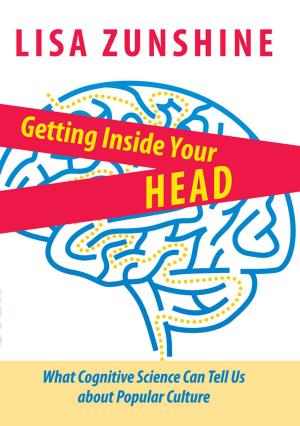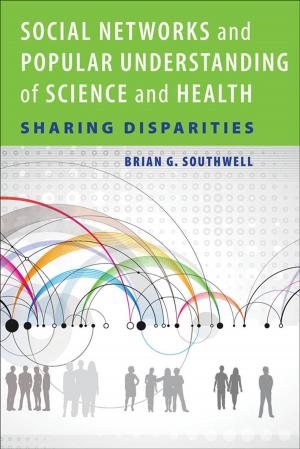Medicine and Health Care in Early Christianity
Nonfiction, Health & Well Being, Medical, Reference, History, Religion & Spirituality, Christianity, Church, Church History| Author: | Gary B. Ferngren | ISBN: | 9780801895227 |
| Publisher: | Johns Hopkins University Press | Publication: | June 1, 2009 |
| Imprint: | Language: | English |
| Author: | Gary B. Ferngren |
| ISBN: | 9780801895227 |
| Publisher: | Johns Hopkins University Press |
| Publication: | June 1, 2009 |
| Imprint: | |
| Language: | English |
Drawing on New Testament studies and recent scholarship on the expansion of the Christian church, Gary B. Ferngren presents a comprehensive historical account of medicine and medical philanthropy in the first five centuries of the Christian era.
Ferngren first describes how early Christians understood disease. He examines the relationship of early Christian medicine to the natural and supernatural modes of healing found in the Bible. Despite biblical accounts of demonic possession and miraculous healing, Ferngren argues that early Christians generally accepted naturalistic assumptions about disease and cared for the sick with medical knowledge gleaned from the Greeks and Romans.
Ferngren also explores the origins of medical philanthropy in the early Christian church. Rather than viewing illness as punishment for sins, early Christians believed that the sick deserved both medical assistance and compassion. Even as they were being persecuted, Christians cared for the sick within and outside of their community. Their long experience in medical charity led to the creation of the first hospitals, a singular Christian contribution to health care.
Drawing on New Testament studies and recent scholarship on the expansion of the Christian church, Gary B. Ferngren presents a comprehensive historical account of medicine and medical philanthropy in the first five centuries of the Christian era.
Ferngren first describes how early Christians understood disease. He examines the relationship of early Christian medicine to the natural and supernatural modes of healing found in the Bible. Despite biblical accounts of demonic possession and miraculous healing, Ferngren argues that early Christians generally accepted naturalistic assumptions about disease and cared for the sick with medical knowledge gleaned from the Greeks and Romans.
Ferngren also explores the origins of medical philanthropy in the early Christian church. Rather than viewing illness as punishment for sins, early Christians believed that the sick deserved both medical assistance and compassion. Even as they were being persecuted, Christians cared for the sick within and outside of their community. Their long experience in medical charity led to the creation of the first hospitals, a singular Christian contribution to health care.















